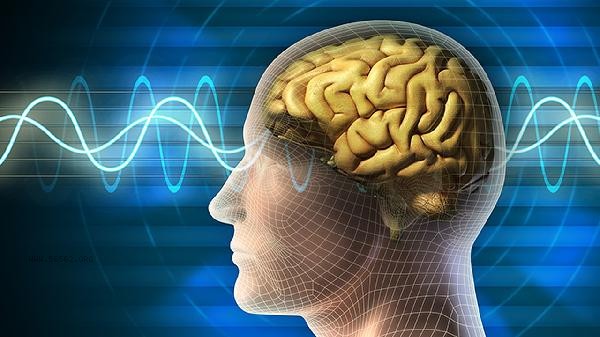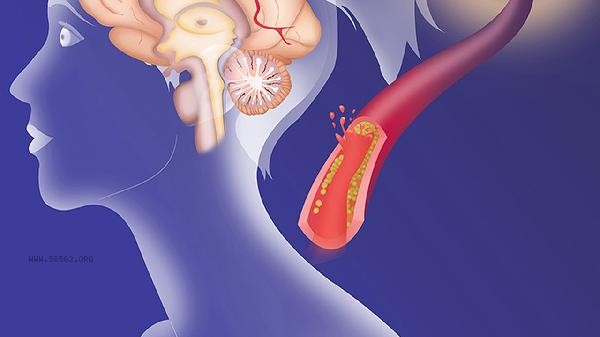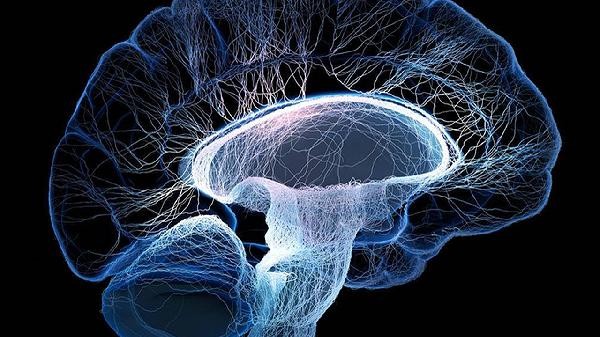Sudden transient amnesia in the brain may be caused by physiological fatigue, transient ischemic attacks, epileptic seizures, migraines, or psychological stress. Transient amnesia usually manifests as sudden memory loss, which may be accompanied by dizziness or blurred consciousness. In most cases, it can recover on its own, but pathological factors should be monitored.

1. Physiological fatigue
Long term lack of sleep or excessive use of the brain can lead to temporary inhibition of cortical function, resulting in fragmented forgetting lasting from seconds to minutes. This type of situation is more common after high-intensity work or study, accompanied by decreased attention and delayed response. Improving sleep quality, maintaining a regular schedule, and taking appropriate rest can effectively prevent it.
2. Transient cerebral ischemia
Transient vascular insufficiency may cause transient global amnesia, which usually lasts for several hours. The patient will repeatedly ask the same question, but it has no effect on long-term memory. This situation may be related to hypertension and arteriosclerosis, and the risk of cerebral infarction needs to be ruled out through brain CT or MRI examination.
3. Seizures
Temporal lobe seizures may result in transient memory interruption, manifested as sudden motor pauses and confusion. Retrograde amnesia may occur after the onset, making it difficult to recall the course of the attack. EEG examination can detect abnormal discharges, which require the use of antiepileptic drugs such as sodium valproate or levetiracetam for control.

4. Migraine aura
Some migraine patients may experience visual abnormalities or temporary memory loss before the onset of the headache, which is a manifestation of neurological dysfunction. This type of memory impairment is usually accompanied by flashes, dark spots, or numbness in the limbs, and taking ibuprofen or zolpidem can alleviate the symptoms.
5. Psychological stress
During acute stress reactions or anxiety attacks, excessive secretion of adrenaline can interfere with the memory encoding function of the hippocampus, leading to psychogenic forgetting. Patients may forget the details of stress events, but they can gradually recover through psychological counseling and relaxation training.

It is recommended to record the time and cause of frequent brief amnesia, and avoid dangerous activities such as driving or working at heights. Maintaining moderate aerobic exercise in daily life, such as brisk walking or swimming, can help improve blood circulation in the brain. Increase the intake of deep-sea fish oil, nuts and other foods rich in omega-3 fatty acids in diet, and reduce high salt and high-fat diet. If amnesia occurs for more than 24 hours or is accompanied by symptoms such as vomiting and limb weakness, immediate medical attention should be sought for neurological examination.








Comments (0)
Leave a Comment
No comments yet
Be the first to share your thoughts!